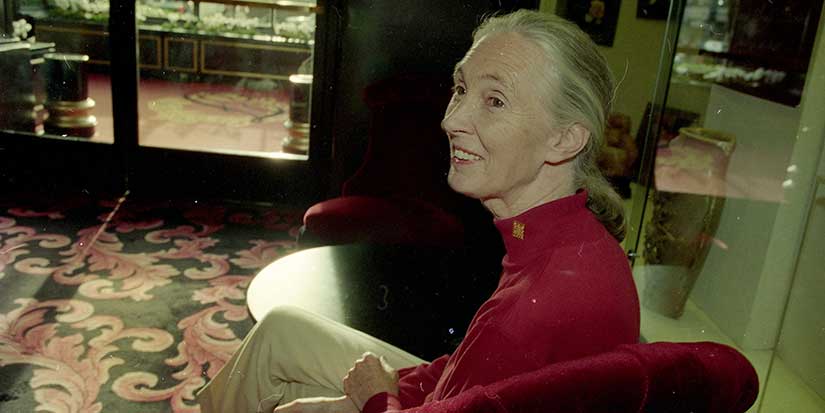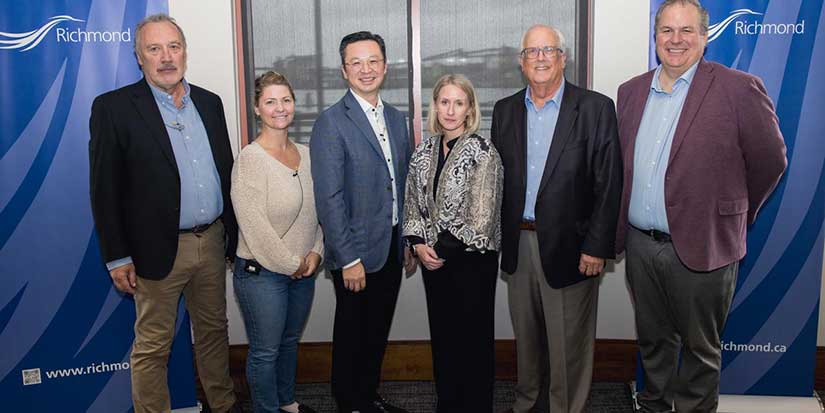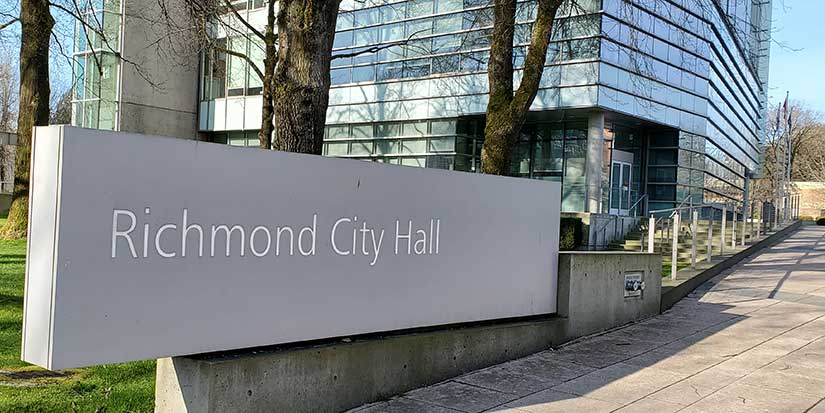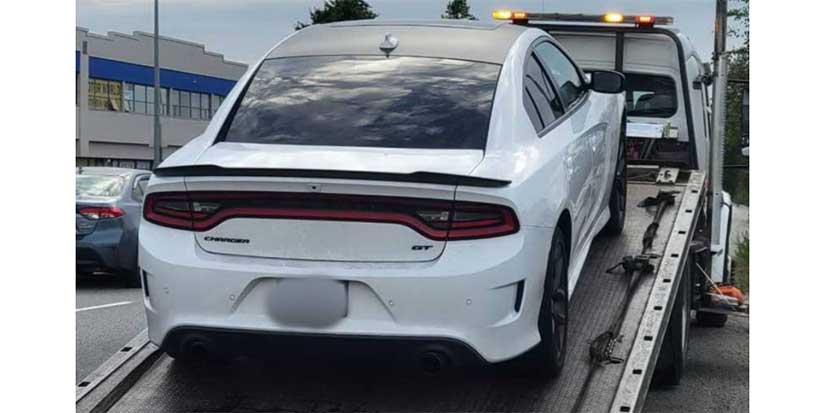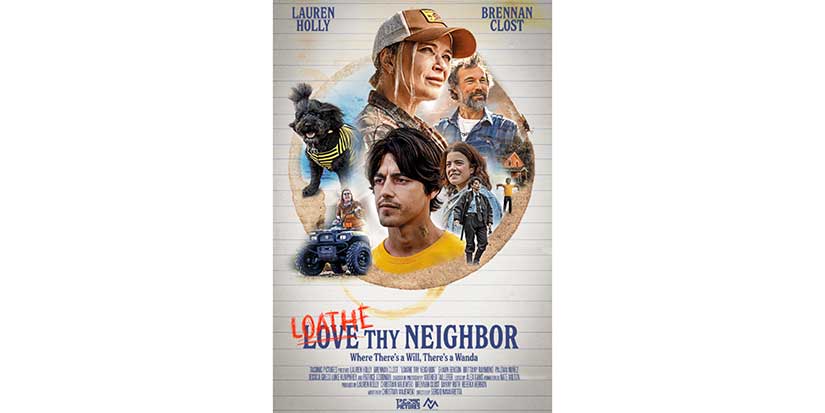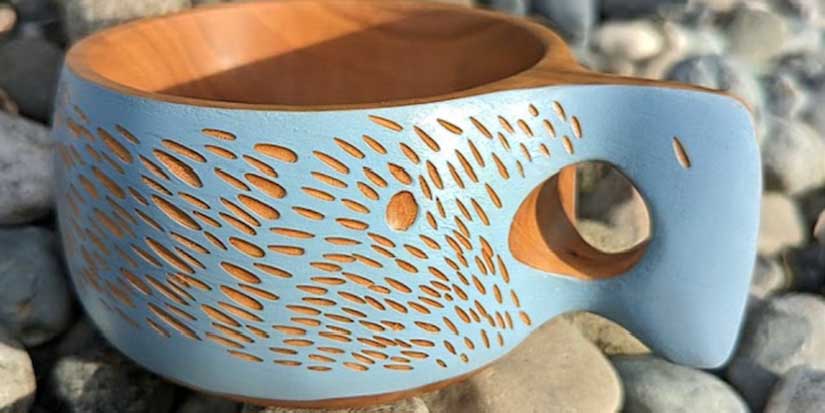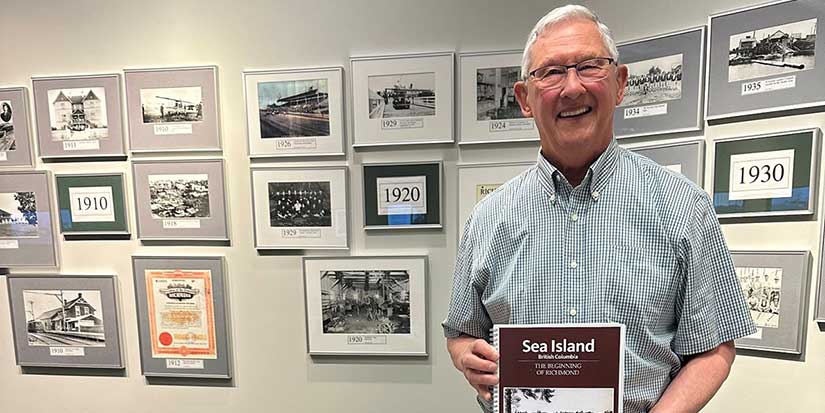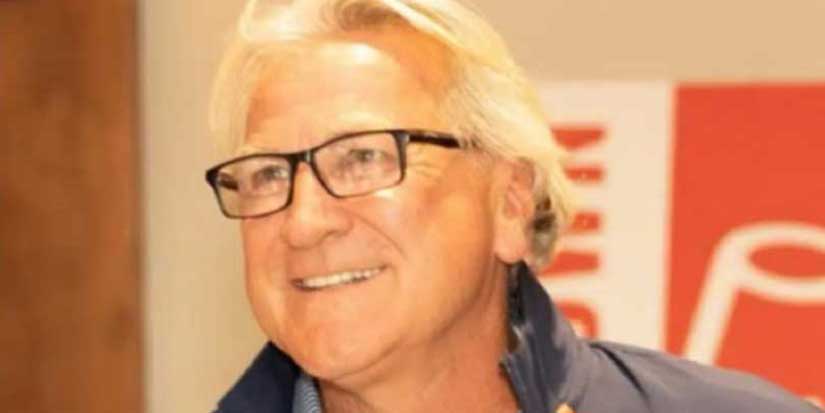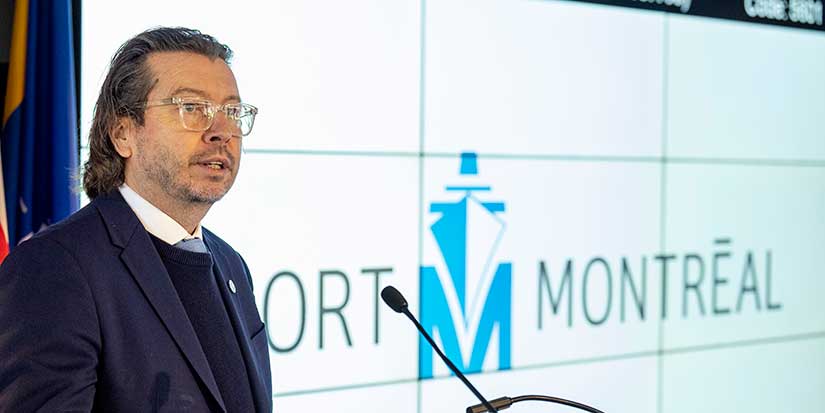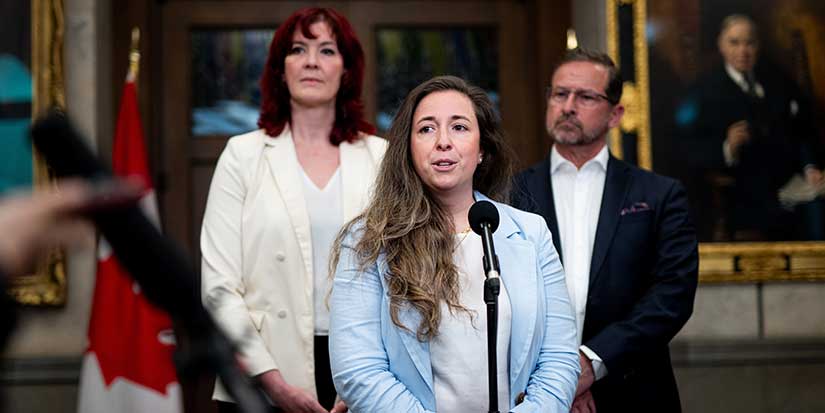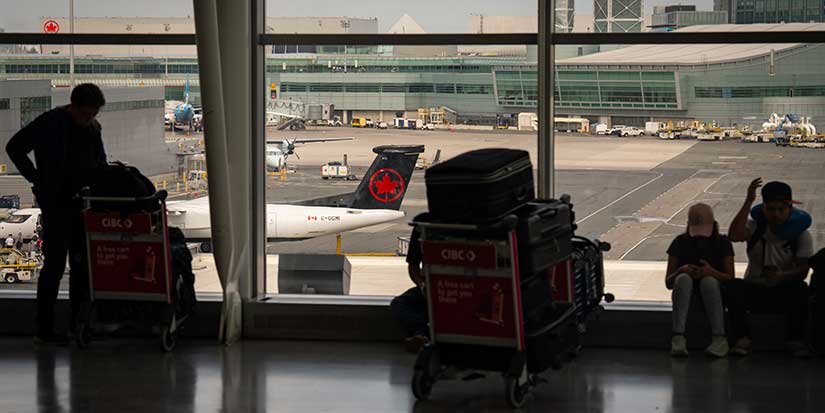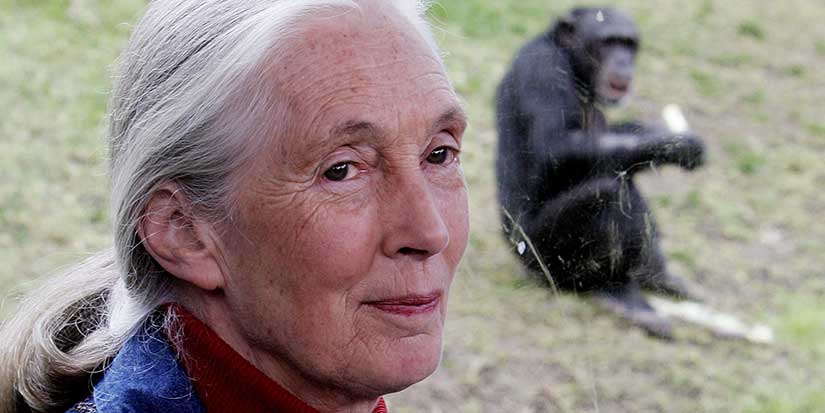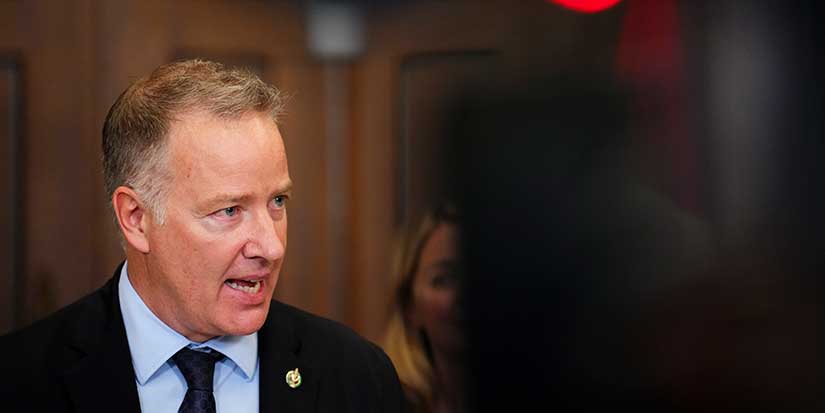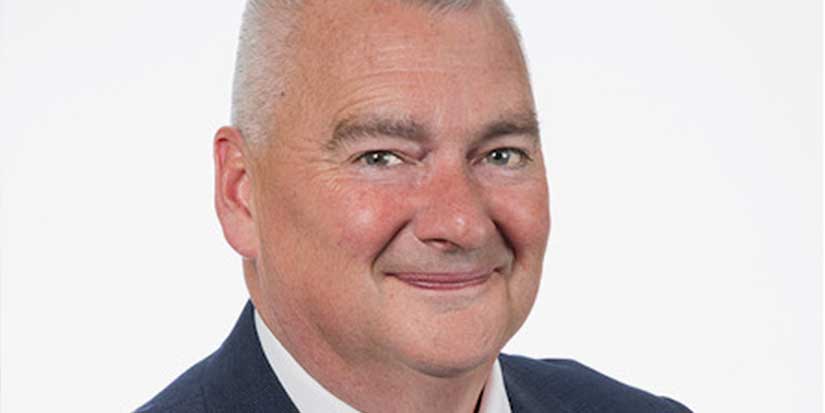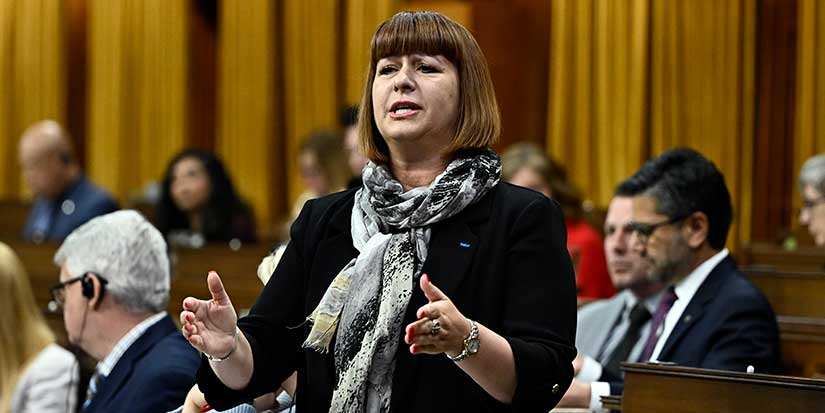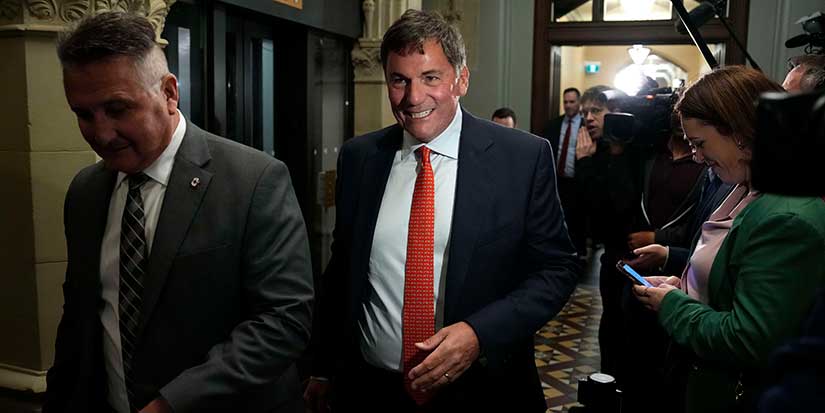International
What to know about the life and legacy of chimpanzee researcher and wildlife advocate Jane Goodall
Published 2:53 PDT, Thu October 2, 2025
—
Famed primatologist Jane Goodall was renowned for her groundbreaking work with chimpanzees but dedicated her life to helping all wild animals — a passion that lasted until her death this week while on a U.S. speaking tour.
She spent decades promoting humanitarian causes and the need to protect the natural world, and tried to balance the grim realities of the climate crisis with hope for the future, admirers said.
Those messages of hope “mobilized a global movement to protect the planet,” said former President Joe Biden, who awarded Goodall the Presidential Medal of Freedom just before he left office.
Here are some things to know about Goodall's life and legacy:
Goodall didn’t have a college degree when she started:
Despite Goodall’s enduring passion to observe wild animals in Africa, she didn’t have a college degree when she arrived there in 1957, starting as an assistant secretary at a natural history museum in Nairobi.
Famed anthropologist and paleontologist Louis Leakey gave her the job and later invited her to search for fossils with him and his wife at the Olduvai Gorge. After seeing her grit and determination, Leakey asked if she would be interested in studying chimpanzees in what is now Tanzania.
She told The Associated Press in 1997 that he chose her “because he wanted an open mind.”
It wasn’t until 1966 that she earned a Ph.D. in ethology — becoming one of the few people admitted to University of Cambridge as a Ph.D. candidate without a college degree.
Goodall took an unconventional approach in Africa:
While first studying chimpanzees in Tanzania in the early 1960s, Goodall didn’t spend her days simply observing the animals from afar and giving them numbers like other scientists.
She immersed herself in every aspect of their lives, feeding them and giving them names and forming what can only be described as personal relationships with them. The approach was criticized by some scientists who saw it as an alarming lack of scientific detachment.
Goodall documented chimp warfare:
Goodall documented chimpanzees in a wide array of activities widely believed at the time to be exclusive to humans, including showing their ruthlessly violent side during what she described as “warfare.”
She described seeing a group systematically hunt down and kill members of a smaller group over the course of four years. The war ended only after every member of the smaller group was dead.
“It was a shock to find that they could show such brutal behavior,” she said in 2003. “That made them seem even more like us than I thought before.”
In another instance, she recalled a dominant chimpanzee brushing a younger chimp aside to get fruit. When the second chimp screamed, its big brother stepped in to rescue him. And then when those two chimps started screaming, a female two trees away stepped in.
Goodall wasn’t planning to become a scientist:
Since Goodall could crawl, she’d had a fascination with animals. When she bought her first book at the age of 10 — Edgar Rice Burroughs’ “Tarzan of the Apes” — her vision for the future started to solidify. She planned to travel to Africa and live with the wild animals.
But her dreams did not involve becoming a scientist. She told The Associated Press in 2020 that she planned to be a naturalist and write books about animals. But that vision shifted as she learned more.
“I always wanted to help animals all my life. And then naturally that led to ‘If you want to save wild animals, you have to work with local people, find ways for them to live without harming the environment and then getting worried about children and what future they could have if we go on as business as usual,’” she said.
Goodall's advocacy lasted until her death:
Goodall has said watching a disturbing film in 1986 about experiments on laboratory animals pushed her into advocacy — a calling that lasted until her death.
″I knew I had to do something,″ she said later. ″It was payback time.″
She was still traveling almost 300 days a year giving lectures to packed audiences and was in the midst of a U.S. speaking tour when she died of natural causes in California, the Jane Goodall Institute said. She had been scheduled to meet with students and teachers on Wednesday to kick off a tree-planting effort in wildfire burn zones in the Los Angeles area.
When she couldn't travel during the COVID-19 pandemic, she began podcasting from her childhood home in England. She spoke with guests including U.S. Sen. Cory Booker, author Margaret Atwood and marine biologist Ayana Elizabeth Johnson on dozens of episodes of the “Jane Goodall Hopecast.”
She inspired others, especially girls and women:
Admirers said Goodall inspired generations of young people, particularly women and girls.
Jeffrey Flocken, chief international officer of Humane World for Animals, recalled how Goodall once spent two hours telling his young daughter stories about “her adventures with animals and the challenges of being a young woman pioneering biological research in the field when conservation was still an emerging profession.”
“Chimps, pangolins, elephants and more. Jane cared about all animals passionately. And she was able to use that passion to inspire others — children in particular,” Flocken said.
University of St. Andrews primatologist Catherine Hobaiter, who studies chimpanzee communication, said that her view of science was transformed when she was a young researcher and first heard Goodall speak.
“It was the first time ... that I got to hear that it was okay to to feel something,” Hobaiter said.
———
AP Science Writer Christina Larson contributed to this story.
– Hallie Golden and Tammy Webber, The Associated Press
